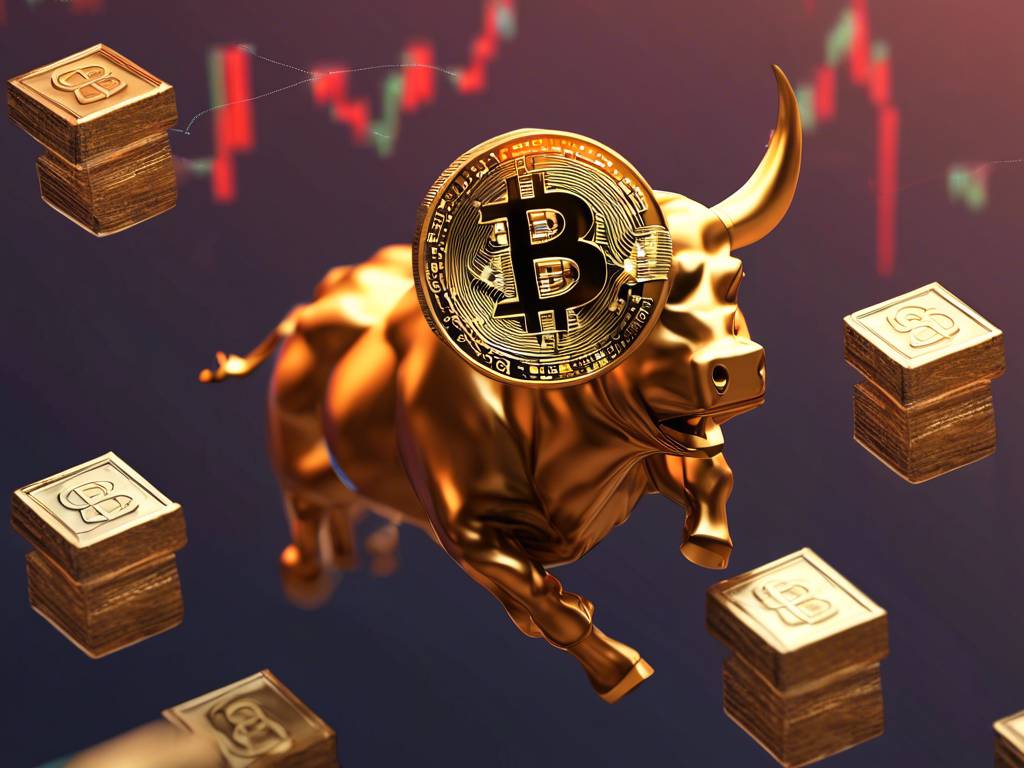Addressing the XRP Price Debate: Ripple CTO’s Perspective
David Schwartz, the Chief Technology Officer at Ripple, recently weighed in on the ongoing debate surrounding XRP’s price. Contrary to popular belief, Schwartz emphasized that a low XRP price does not necessarily benefit Ripple. In fact, he suggested that a higher price could be more advantageous for optimizing payments.
Clarifying Misconceptions
The misconception that a low XRP price is advantageous for Ripple stems from a misunderstanding of XRP’s role within the XRP Ledger. Similar to tolls on highways, XRP acts as a facilitator for transactions. Regardless of XRP’s market value, the transaction fee remains constant.
- XRP serves as a facilitator for transactions, similar to a toll.
- The transaction fee on the XRP Ledger stays consistent irrespective of XRP’s price.
- Understanding this concept is crucial in dispelling misconceptions about XRP’s price dynamics.
What’s Impacting the XRP Price?
Recent discussions have highlighted XRP’s underperformance compared to other cryptocurrencies. However, several external factors, beyond Ripple’s control, are influencing this situation.
- The legal dispute between the SEC and Ethereum is creating uncertainty.
- This uncertainty could be dampening investor sentiment towards XRP.
- Speculation suggests that the SEC’s actions towards Ethereum might inadvertently impact XRP.
Ripple’s Future
Despite the current market challenges, Ripple remains committed to harnessing XRP’s potential as a secure and efficient payment solution.
- Schwartz’s statement clarifies Ripple’s position on XRP pricing and highlights the technology’s core functions.
- XRP has the potential to revolutionize global payments with its fast, secure, and cost-effective transactions.
Hot Take: Embracing XRP’s Potential
As the XRP price debate continues, it’s essential to grasp the significance of price dynamics and external influences on Ripple and XRP’s future trajectory. Stay informed about the evolving crypto landscape and the role XRP plays in shaping the future of payments.





 By
By
 By
By
 By
By


 By
By